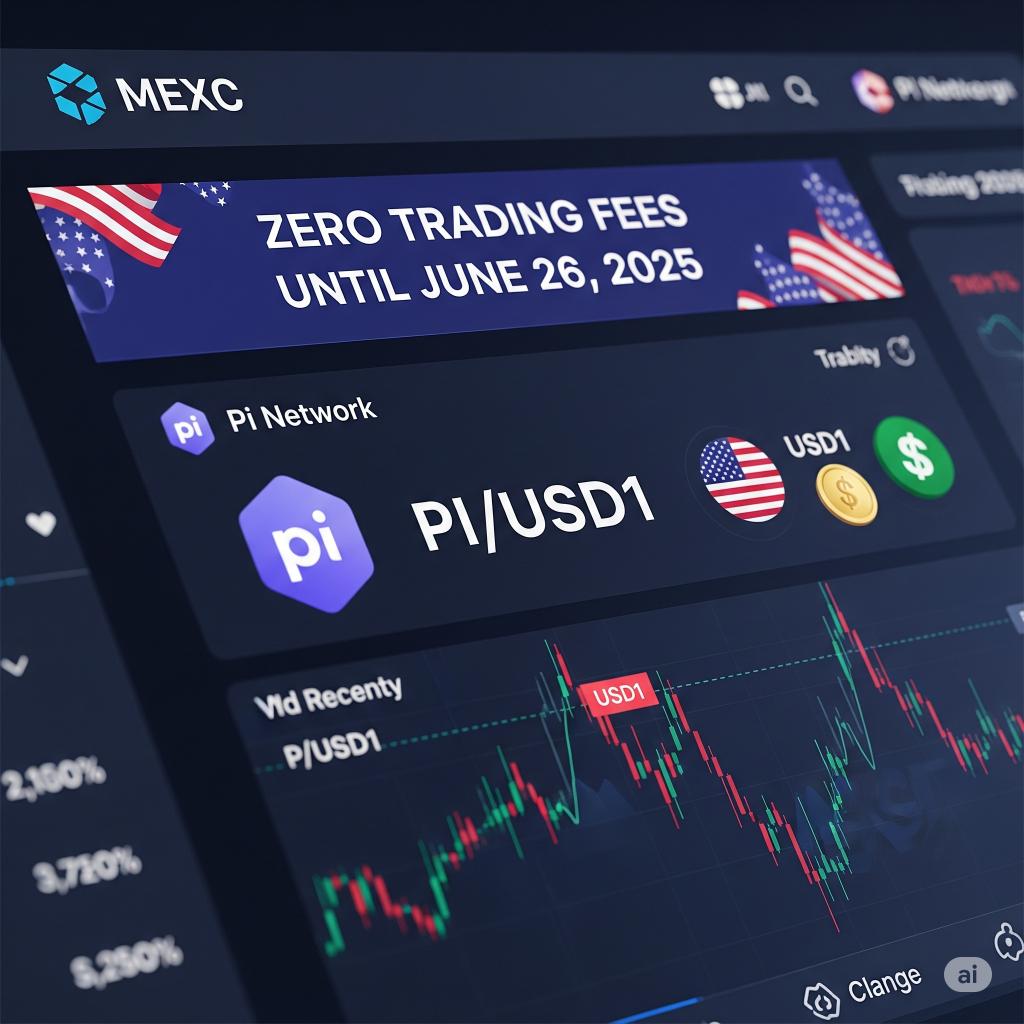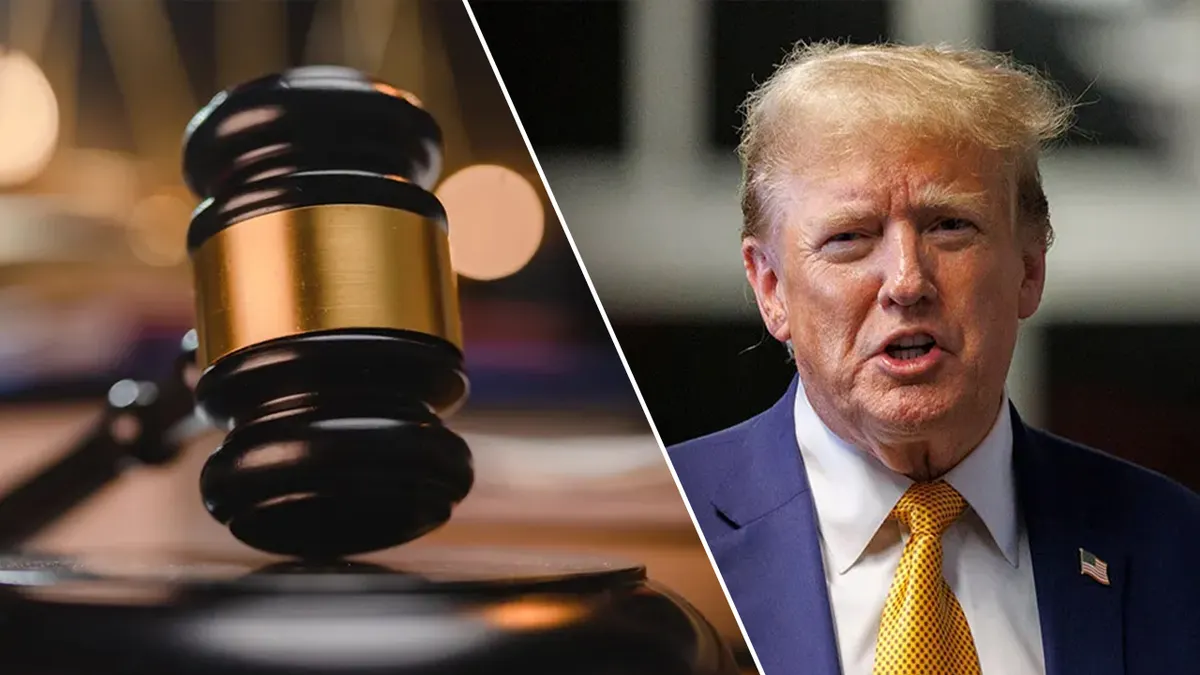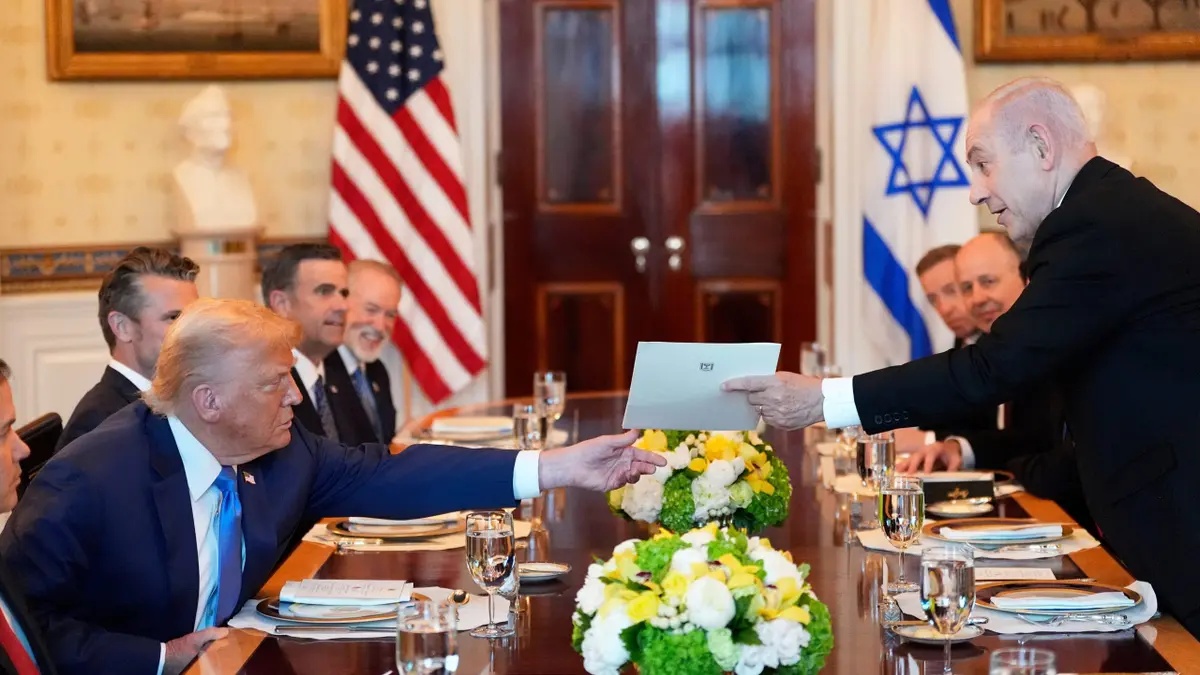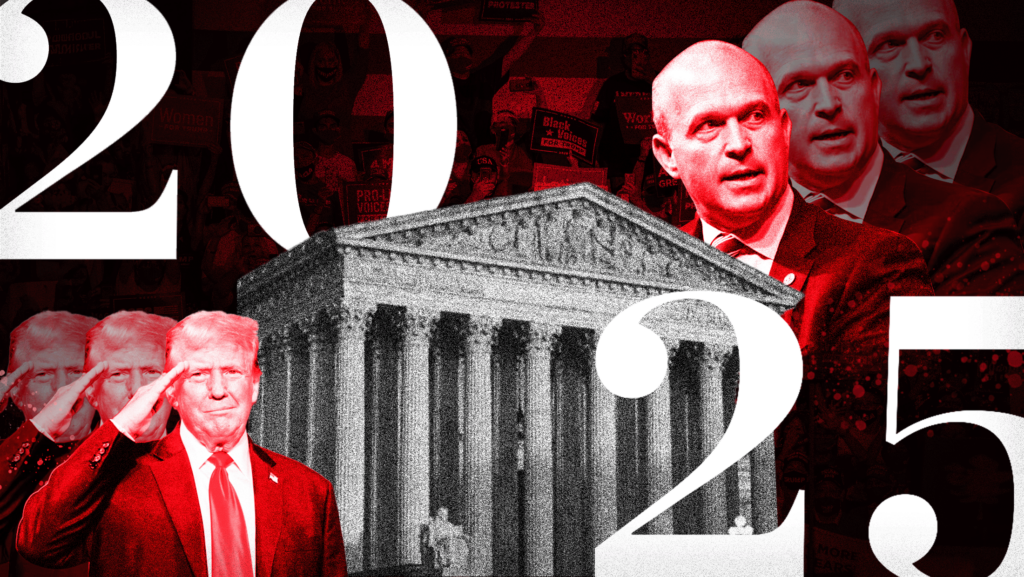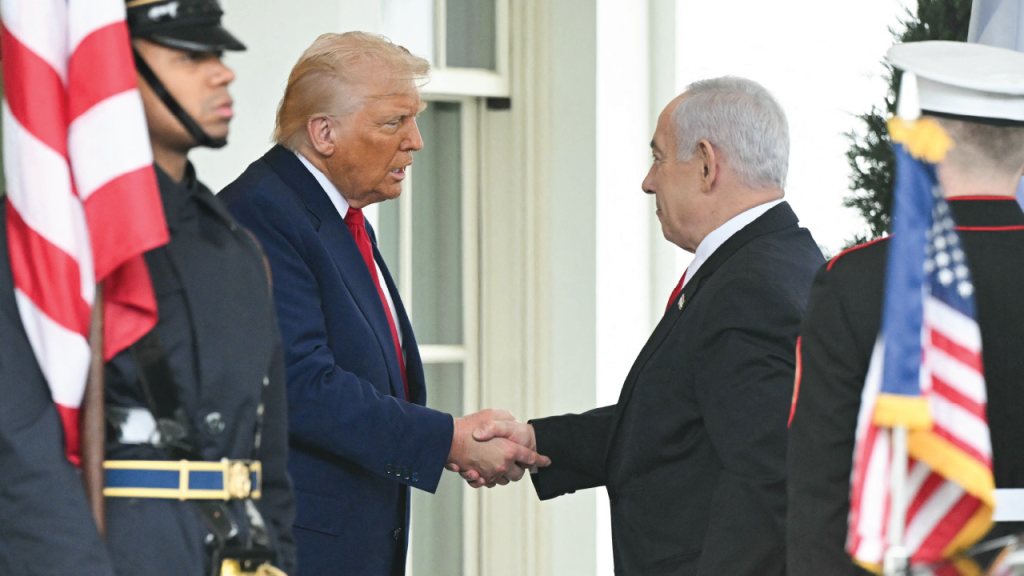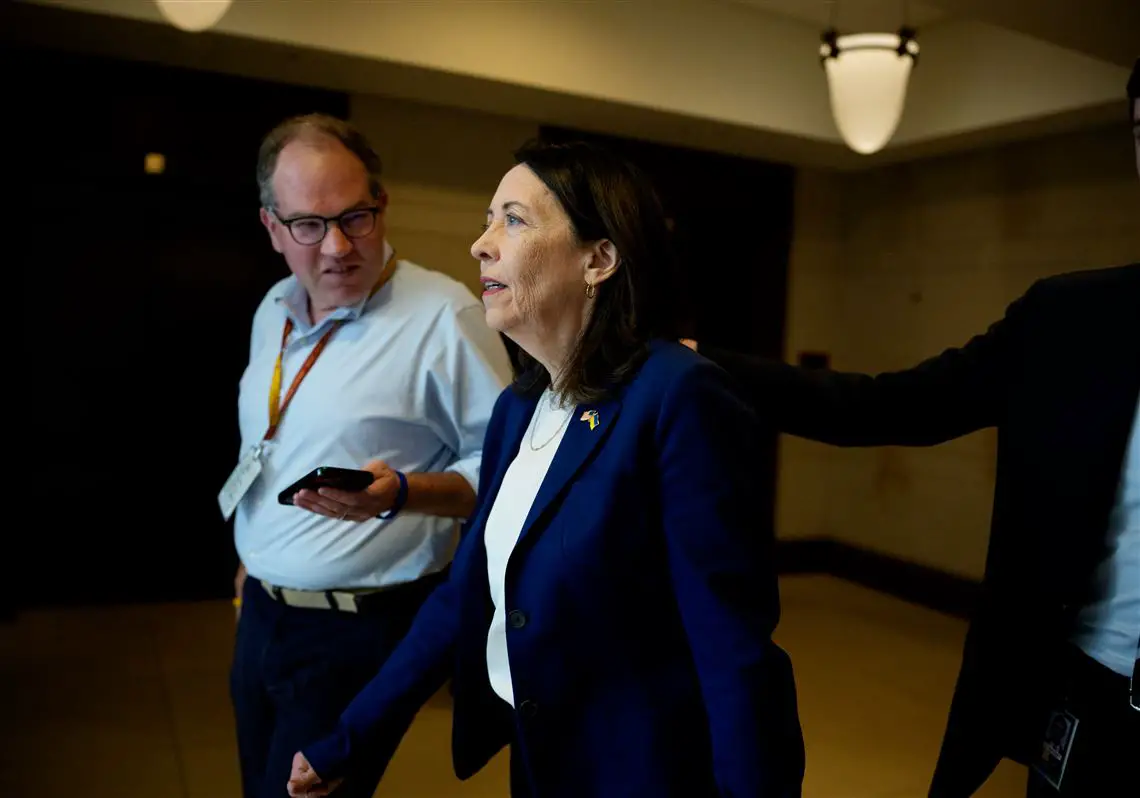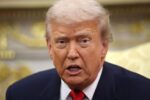In recent months, Russia has dramatically escalated its use of unmanned aerial vehicles (UAVs), launching relentless waves of drone attacks across Ukraine. This strategy, which blends psychological wa...
Federal Judge Blocks Trump Administration’s Attempt to End Birthright Citizenship in Landmark Ruling
Washington, D.C. – Breaking News In a decisive ruling with far-reaching constitutional implications, a federal judge has blocked the Trump administration from enforcing an executive order aimed at end...
In a historic move that marks the end of an era at Real Madrid and the beginning of a new chapter in Serie A, Luka Modrić has officially signed with AC Milan. The Croatian midfield legend joins the It...
Netanyahu Nominates Trump for Nobel Peace Prize Over Abraham Accords Amid ICC War Crimes Allegations
In a dramatic and politically charged moment during a White House dinner, Israeli Prime Minister Benjamin Netanyahu presented former U.S. President Donald Trump with a letter he claimed to have submit...
Former U.S. President Donald Trump has sharply criticized tech billionaire Elon Musk following reports that the Tesla and SpaceX CEO is preparing to launch a new political party in the United States. ...
As legal challenges mount and political tensions rise, many observers are asking just how much influence former President Donald Trump still holds over the United States Supreme Court. While Trump may...
In a statement that has sparked widespread debate, former U.S. President Donald Trump expressed concern for the civilians of Gaza, saying: “I want the people of Gaza to be safe … I want to see safety ...
In a landmark decision, the Wisconsin Supreme Court has struck down the state’s 1849 abortion ban, a statute that had lingered on the books for over 170 years. The ruling, issued on [insert date], com...
Senator Patty Murray (D-WA), a leading voice on women’s health and reproductive rights in the U.S. Senate, is sounding the alarm over a controversial provision in the Republican-backed “Big Ugly” spen...
Former U.S. President Donald Trump has announced that he will meet Israeli Prime Minister Benjamin Netanyahu at the White House on Monday to discuss recent developments in the Middle East, including w...
